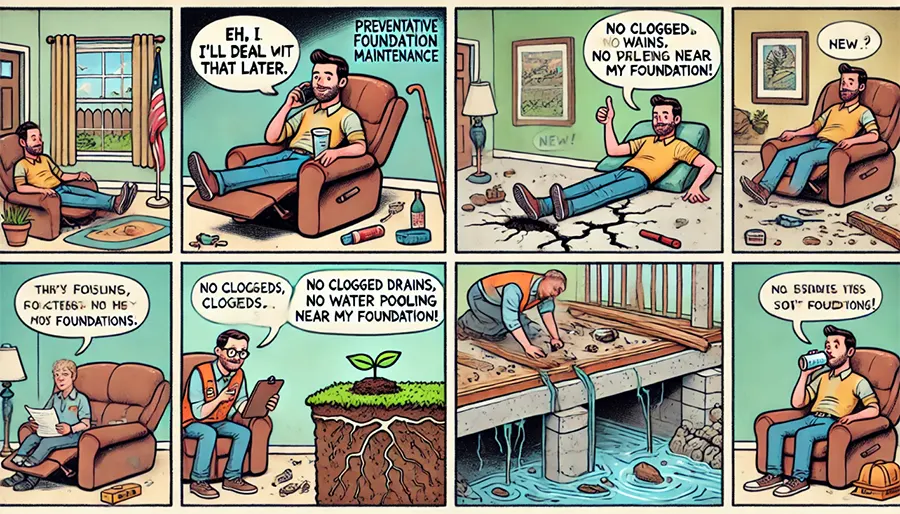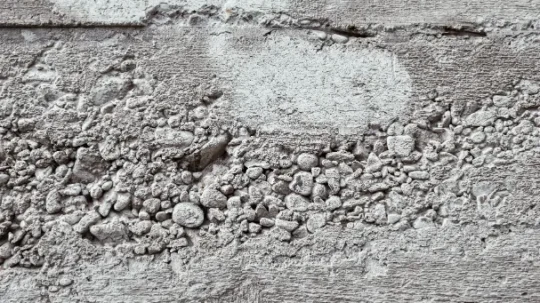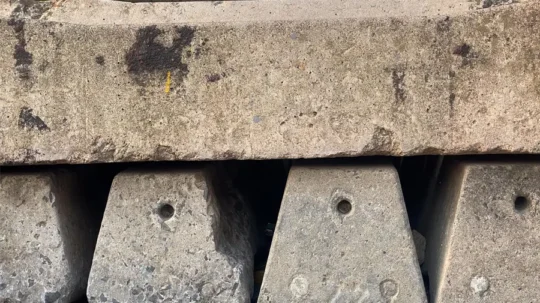
Your foundation is the backbone of your home, and regular maintenance is essential to prevent costly structural damage. Over time, all foundations naturally settle, but without proper care, minor issues can escalate into severe structural concerns. Cracks, shifting, and moisture infiltration can compromise your home’s stability, leading to expensive repairs. By implementing a proactive foundation maintenance routine, homeowners can catch small
problems early, reducing the risk of foundation failure. This guide will walk you through key maintenance practices to keep your home’s foundation strong for years to come.
Got Foundation Problems in Long Island, Brooklyn, or Queens? Safeguard Your Home’s Stability Today with a Free Expert Assessment!
First Things First: What Causes Foundation Issues?
Foundation issues don’t happen overnight; they develop gradually due to soil movement, moisture fluctuations, tree roots growing under the foundation, and natural settling. Worse, they won’t get any better with time. While some foundation settlements are expected in every home, unchecked movement can lead to serious structural issues if left unresolved.
Here are some of the main causes of foundation problems:
- Water Infiltration
- Poor Drainage
- Improper Construction
- Neglected Maintenance
- Soil Expansion & Contraction
- Tree Roots & Landscaping Issues
Recognizing the Early Warning Signs
- Foundation Cracks: Visible cracks in walls, floors, or ceilings.
- Uneven Floors: Sloping or sagging floors suggest shifting.
- Sticking Doors & Windows: Misaligned frames indicate movement.
- Pooling Water: Water near the foundation can accelerate deterioration.
We’ve outlined the benefits of regular foundation maintenance below, but in short, regular foundation maintenance helps homeowners detect and address minor issues before they turn into major structural failures, and that’s a big deal when your whole life sits on top of it every day.
Don’t Wait for Costly Repairs – Inspect Your Long Island Foundation Today Free!
Benefits of Regular Foundation Maintenance
Regular foundation maintenance helps prevent costly repairs, protects against moisture damage, and keeps your property stable. By addressing minor issues early, you extend the life of your foundation and maintain your property’s value.
Here are the main benefits of regular foundation maintenance:
- Prevents Expensive Repairs
- Protects Against Moisture
- Extends Foundation Lifespan
- Preserves Property Value Ensures Long-Term Stability
Don’t Wait Until Foundation Problems Worsen—Contact Foundation Concrete Contractor Today for a Trusted Foundation Concrete Repair Solution!
Essential Foundation Maintenance Tasks Every Homeowner Should Do
Regular foundation maintenance doesn’t have to be complicated—simple routine tasks can go a long way in protecting your home. Here are some maintenance tasks you can perform to ensure your foundation stays in good shape.
1. Exterior Maintenance
Keeping the outside of your foundation in good shape is crucial for preventing foundation settlement and water-related damage.
- Check for Foundation Cracks and Seal Them Promptly – Small cracks can expand over time, leading to structural issues. Use a high-quality sealant to prevent moisture from worsening the damage.
- Ensure Gutters and Downspouts Direct Water Away from the Home – Clogged or poorly positioned downspouts allow water to pool around the foundation, increasing the risk of erosion and foundation problems.
- Inspect the Yard’s Grading to Confirm Proper Drainage – The ground should slope away from the foundation to prevent water from seeping into the soil and causing settlement issues.
2. Interior Maintenance
Issues inside your home can often be early warning signs of foundation movement.
- Look for Wall and Floor Cracks That Could Indicate Shifting – Hairline cracks may be harmless, but widening or stair-step cracks can signal serious foundation movement.
- Check for Doors and Windows That Stick or Don’t Close Properly – A shifting foundation can cause misalignment in door frames and window openings.
- Monitor Musty Odors or Signs of Mold Growth – Persistent moisture near the foundation can indicate water intrusion and poor foundation upkeep.
3. Seasonal Maintenance
Each season presents unique challenges for foundation stability.
- Spring & Fall: Perform a full foundation inspection, checking for cracks, shifting, or drainage issues once a year. (Related: DIY Tips for Foundation Inspections)
- Winter: Watch for frost heave, which occurs when freezing temperatures cause soil expansion, pushing the foundation upwards.
- Summer: Ensure the soil around your foundation remains stable by maintaining consistent moisture levels, avoiding excessive dryness or saturation.
Make Foundation Maintenance a Habit – Follow This Checklist!
When to Call a Professional for Foundation Maintenance
Some foundation problems require more than routine maintenance—knowing when to call an expert can save your home from severe structural damage.
Signs You Need a Foundation Expert
- Cracks Wider Than ¼ Inch – Deep or widening cracks indicate serious shifting and require professional evaluation.
- Bowing or Leaning Foundation Walls – Walls that tilt inward suggest pressure from expanding soil or water damage.
- Persistent Moisture Issues Despite Waterproofing Efforts – If moisture problems persist even after repairs, professional waterproofing may be needed.
- Noticeable Sinking or Uneven Floors – These are classic signs of foundation settlement and should be addressed immediately.
Regular Foundation Maintenance: Final Thoughts
Foundation maintenance is one of the best investments you can make to ensure your home remains structurally sound for years to come. Regular inspections, proper drainage, and prompt repairs can prevent costly foundation problems and safeguard your home’s value.








